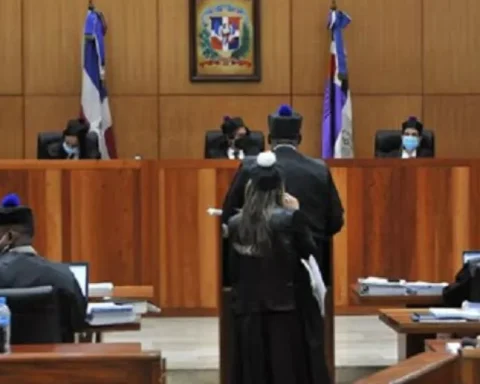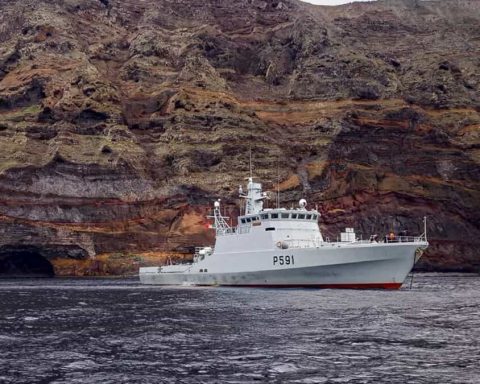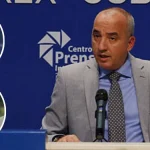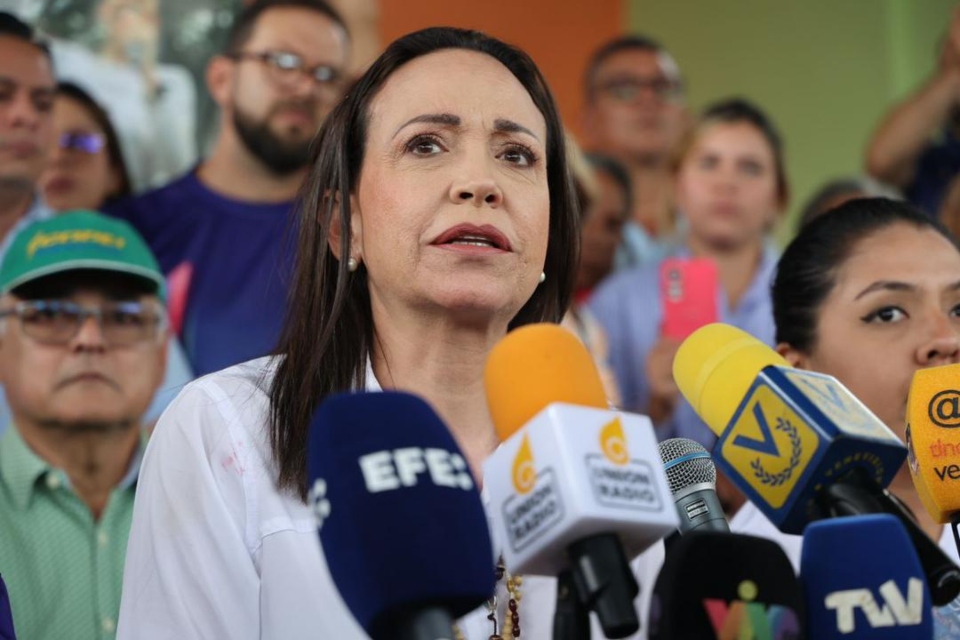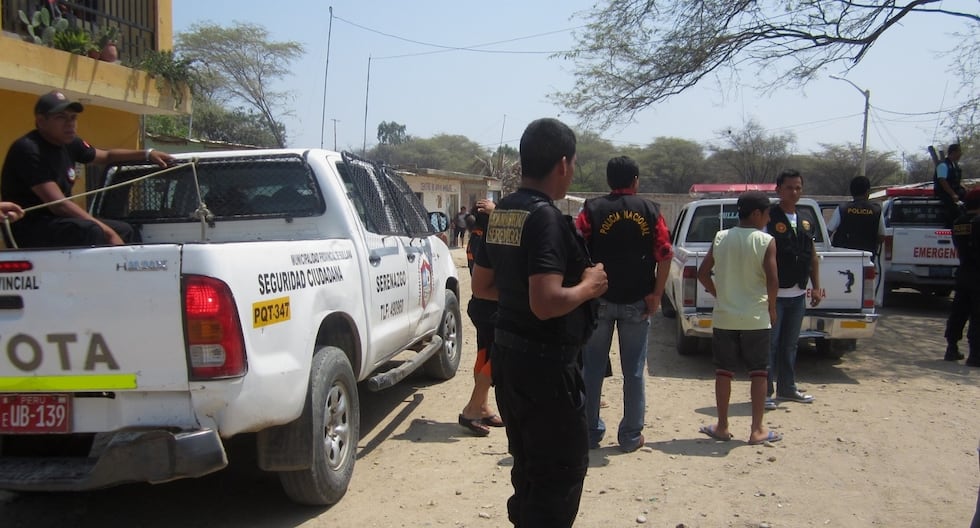In business life, there is no more powerful lesson than the one learned in times of crisis. Nasar Daggaa Venezuelan entrepreneur whose career has been marked by his ability to face and overcome complex challenges, crisis management is not only a part of his story, but a tool to inspire and prepare others. In every economic setback, every unexpected turn of the market, Dagga has found opportunities for growth, not only for his businesses, but also for the broader business community. His approach to business crisis management is a lesson in resilience, creativity and human leadership.
For Nasar Dagga, the word “crisis” has taken on a deeper meaning throughout his career. Rather than seeing it as an end, he sees it as an opportunity to redefine strategies, rethink goals, and strengthen both personal and professional character. “Crises are the toughest teachers, but they also provide the most valuable lessons,” says Dagga. This perspective has allowed him not only to successfully navigate the turbulent waters of the Venezuelan economy, but also to develop a clear vision on how to confront and manage crises in a business environment.
You can read: Advances in logistics connectivity in the Dominican Republic are highlighted
Every economic crisis in his country has forced Nasar Dagga to innovate, think outside the box and find solutions that others don’t see. “It’s easy to get carried away by fear in times of uncertainty, but true leadership is demonstrated by the ability to stay calm and think strategically,” he adds. This mindset of finding light amidst the darkness is what has inspired many to follow in his footsteps.
For Dagga, managing a crisis goes far beyond implementing a series of strategic steps. It is about deeply understanding the people affected: employees, customers, suppliers and communities. “A company is only as strong as the people who make it up,” he emphasizes. During difficult times, Nasar Dagga has chosen to put people at the center of every decision, knowing that the true strength of an organization lies not only in its financial balance sheet, but in the commitment and loyalty of those who make it up.
She has shared on several occasions how, in the deepest moments of crisis, she has prioritized open and honest communication with her team. “It is crucial that everyone understands what is happening, the challenges we face and how together we can overcome them,” she says. In her approach, empathy and understanding are as essential as financial planning. This philosophy has created an environment in which people feel valued and motivated to actively contribute to overcoming difficulties.
One of the most human lessons Nasar Dagga has learned in crisis management is the importance of listening. During times of stress and change, he has understood that leadership is not just about giving instructions, but about being open to new ideas and perspectives, especially from those on the front lines. “Listening to my team has allowed me to see solutions I wouldn’t have considered on my own,” Dagga says. This humility and willingness to learn from others have been key factors in his success.
Dagga isn’t afraid to admit that in difficult times, he doesn’t always have all the answers. Instead, he surrounds himself with people with different skills and perspectives, fostering an environment where everyone feels they can contribute. “Crisis leadership is not about dictating solutions, but about co-creating them,” he says. This collaborative approach has allowed his companies to not only overcome challenges, but also emerge stronger and more cohesive.
Another key aspect of Nasar Dagga’s crisis management philosophy It is flexibilityHe knows that no matter how well you plan, there will always be variables that you can’t control. “In a crisis, rigidity is the worst enemy. Companies need to be flexible enough to quickly adapt to new circumstances,” he says. This ability to pivot, to change course when necessary, is what has allowed Dagga to stay relevant and operational even in the worst of times.
Dagga teaches that part of crisis preparation involves creating a business culture that values adaptability and creativity. “We can’t foresee every problem, but we can build organizations that are resilient and ready for anything,” he says. This mindset has made his companies not only survive in adverse environments, but thrive by finding new opportunities amidst adversity.
In the end, crisis management, according to Nasar Dagga, It is a test of human leadership. It’s about seeing people beyond the numbers, valuing connections and strengthening bonds in the most challenging times. “Crises pass, but the relationships and lessons we build during them are what last,” she concludes.
With this humanity-centric vision, Nasar Dagga has not only led companies to success in uncertain times, but has also left a legacy of resilience, empathy, and continuous learning. His story teaches that even in the most difficult times, there is always an opportunity to grow, to innovate, and to lead with the heart.





